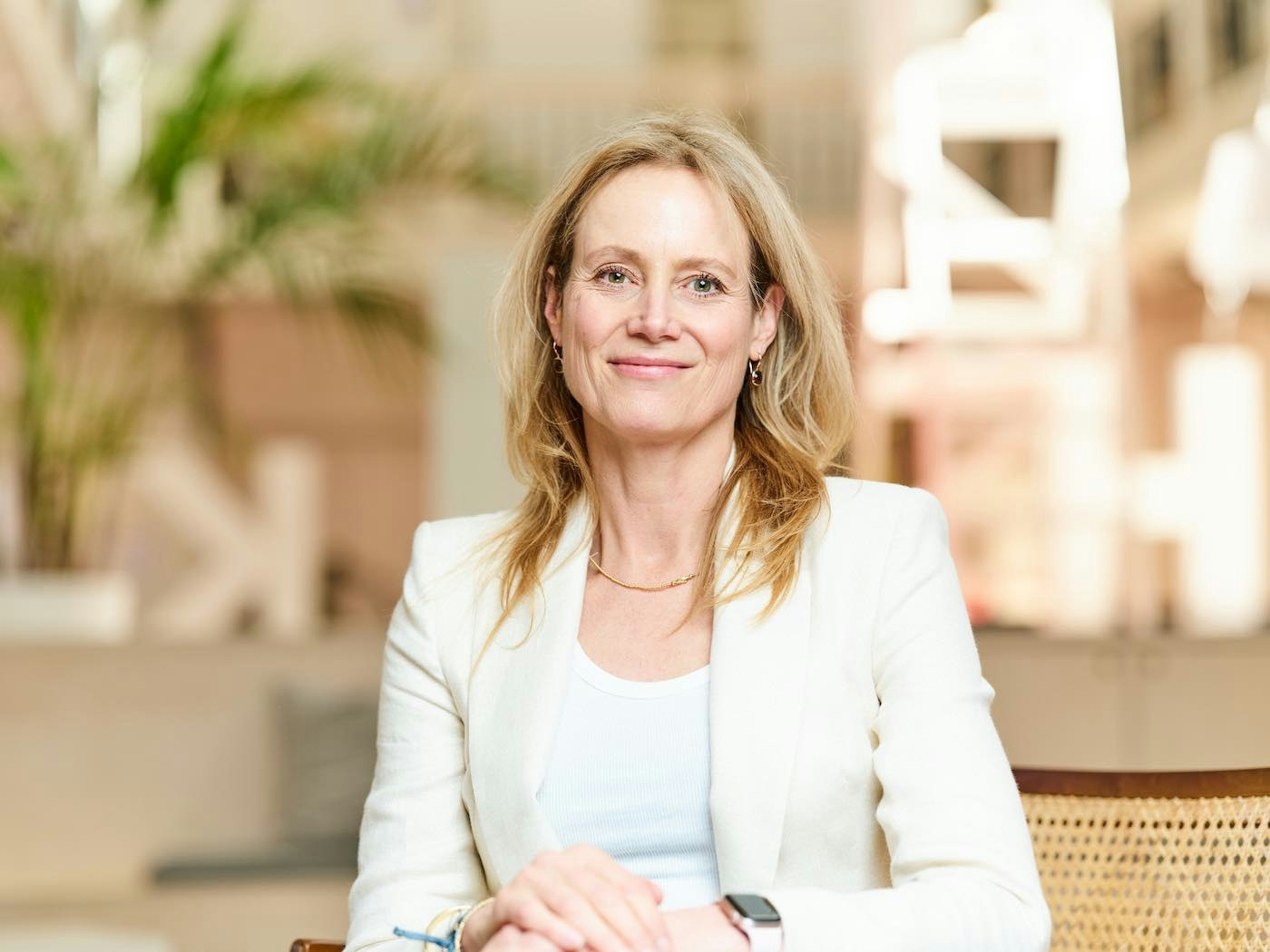Visiting Warsaw University of Technology Investment Factory’s (WUT IF) office has the feel of attending a professor’s office hours rather than a business meeting: the VC is headquartered in a room in a long corridor of one of WUT’s buildings (on the aptly named Dean’s Street). But it's here where, the investors hope, academic research will turn into money-making ventures.
WUT IF, which launched in January, is hoping to be Poland’s first-ever VC founded and supported by a technical university — though it hasn't yet raised any of the $5m it's hoping to from external LPs. It will back academic deeptech founders with small tickets, and, above all, it will provide them with vast technical expertise and access to numerous research teams within the university — something that WUT IF’s team say has been missing from the national venture market.
“VCs in Poland usually don’t have experts who can assess technology in very concrete, narrow areas,” says Robert Sitnik, the VC’s general partner. “We want to take advantage of WUT’s expertise and academic base [to do that].”
Deeptech focus
Poland is well known for its outstanding engineering talent — but the majority of entrepreneurs opt to found companies outside their home countries, work for big corporations or never leave academia. It’s rare for universities in the region to successfully support their students and researchers to turn their scientific ideas into money-making spinouts.
WUT IF launching feels like a step in the right direction. Making tech transfer work better has become a priority more widely for Europe — investors from Greece to Germany have set up funds to back university spinouts in recent years — as the region looks to remain competitive in areas like AI, spacetech and quantum.
Sitnik has worked at WUT for more than 20 years as a professor — and has taken it upon himself to bang the drum on commercialisation efforts at the university.
“I want someone to use this technology that we research on,” he says. But, he adds, in the past, even if he’s managed to help a student start a company, further assistance from the university has been lacking.
That’s why, with three other colleagues (one from academia and two from the financial industry, some of them founders and angel investors), he decided to push the university’s authorities to set up a VC, which would connect the two worlds of research and business.
How will WUT IF work?
In the next three to five years, WUT IF wants to back 18 startups — eight at pre-seed and 10 at seed — with tickets ranging from $120k-260k. It’s also an evergreen fund — which means there’s a more relaxed time frame on returning money to LPs (the investors in a fund), as opposed to the traditional 10-year life cycle of a fund.
WUT IF’s focus will be early-stage deeptech startups, and it’ll focus primarily on businesses originating from universities (across Poland, not restricted to WUT), taking into account the tech, the team and the potential for the business to make money.
Its general thesis is even wider: each team has to be founded by university graduates (not very difficult in deeptech). And it’ll also be sticking with Poland since, as the team says, Polish universities offer “untapped potential".
“We have estimated that around 5% of the population of students and researchers at universities have entrepreneurial inclinations, and these are the people that we’re addressing… this is significant potential which hasn’t been used or explored,” says Karol Matczak, one of the other GPs at WUT IF.
“It’s not our role to change the scientists’ mentality,” adds third GP, Jakub Wojciechowski. “People who will come to us should have at least a bit of this entrepreneurship within them. We can support them and energise them, but we’re not going to forcefully drag them from behind their desks, because that simply won’t work.”
The VC will also provide the startups with expertise and access to university’s scientists and research groups — they will be able to quickly identify competitive advantage of a potential product and help to solve startups’ technical problems.
“A startup could recruit a new team member or contract an outsider to solve a technical problem,” says Sitnik. “We’re offering an alternative: through our contacts with the school we have direct contact with world leading research teams. If there's a synergy between a team and a startup then we can quickly help to solve this technical issue.”
A “natural synergy”
The GPs obviously realise that their target ticket size isn’t enough money to back cost-intensive deeptech ventures. That’s why their idea is to co-invest alongside other VCs that can provide larger tickets; they’ll bring the big bucks while WUT IF plugs the technical knowledge gap.
"We could be technological support for VCs," says Sitnik.
“Many VCs that we talked to have expressed interest in such cooperation,” adds Wojciechowski. “They have the capital and high competencies in investment projects, but they lack the technical part. If we could combine it, it’d be a natural synergy.”
The VC is looking to take from 5-20% equity in startups, and insists that it’ll be in line with the market practice — unlike some universities in places like the UK, which have historically taken very high stakes in their spinouts.
“It’s not in anyone’s interest,” says Wojciechowski. “If we take too much stake at the beginning, and the company can’t finance itself later, it’s not in our interest.”
Independence
The VC might have WUT’s name and live in one of its rooms — but it also wants to remain formally independent from the university.
“We’re acting like a commercial fund,” says Matczak. “We don’t want the connection with the WUT to be too tight.
“The university is the cofounder of the VC, but it doesn’t have any power over its operations; there’s no risk that something will change at the university and it’ll impact our activity.” It will, however, have carry — 20% will be shared between the school and the team.
The investors add that their launch has been met with positivity so far — as if there was a niche in Poland and it was essential to fill it.
“From the inside of the university I got the feedback that people are wishing us good luck — and not in a sarcastic way,” adds Sitnik.



